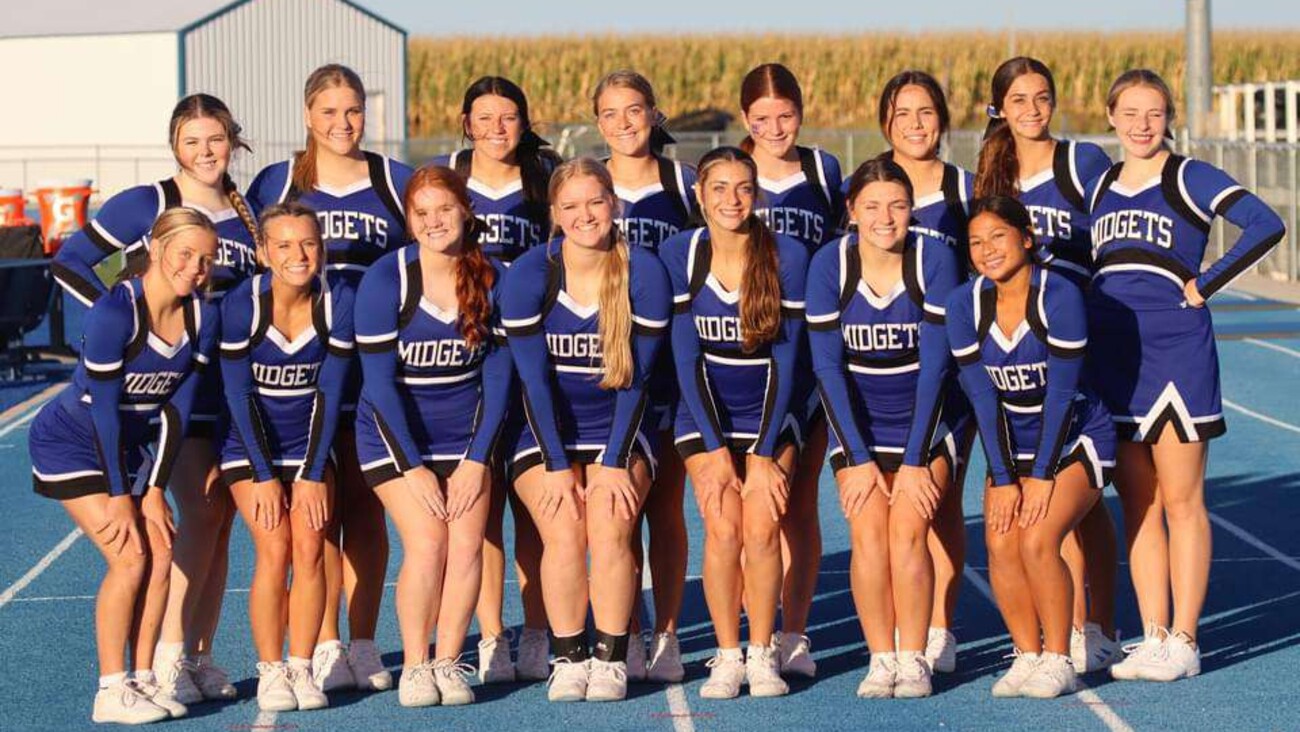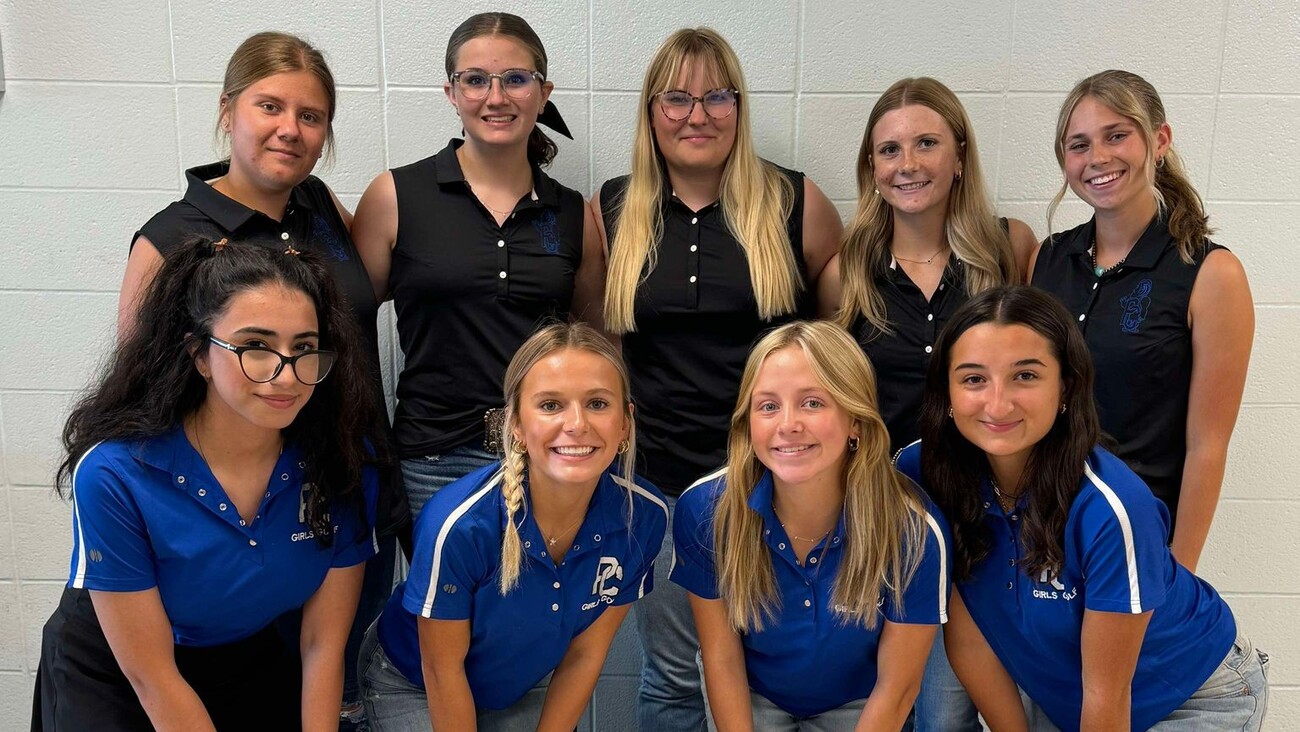PCHS Seniors: Plan for your Future! Apply Soon!
Hey, Seniors! It seems like just yesterday your biggest goal was to be the line leader in elementary, but your future as an adult is quickly approaching. Don't miss out on opportunities because you're putting off applying. Start putting together your plan today!
Did you know that colleges start accepting applications in August and the early application deadline is often by Thanksgiving? Get those application materials together and make a plan.
Check out these tips from Big Future!
College Planning Calendar for Seniors
Want to know if you’re on track for the senior year timeline for the college application process? This college application timeline for seniors shows you what you should be doing, and when.
Fall
- Narrow your list of colleges to between 5 and 10. Meet with a counselor about your college choices and, if you haven’t done so yet, download college applications and financial aid forms. Plan to visit as many of these colleges as possible.
- Create a college application process timeline or calendar that includes:
- Tests you’ll take and their fees, dates, and registration deadlines.
- College application timeline and due dates.
- Required financial aid application forms and their deadlines (aid applications may be due before college applications).
- Other materials you’ll need (e.g., recommendations, transcripts)
- Your school district's high school timeline for college application processing.
- Ask a counselor to help you request a fee waiver if you can’t afford application or test fees when applying for colleges senior year.
- Take the SAT one more time: Many seniors retake the SAT or ACT in the fall as part of their college planning timeline. The additional coursework you completed since your last test could help you boost your performance. Plus, you'll already know what to expect on test day.
- Send your SAT or ACT scores to the colleges you’re applying to if your scores strengthen your application.
- Complete the Free Application for Federal Student Aid (FAFSA®): To apply for most financial aid, you’ll need to add completing the FAFSA to your timeline for college planning. October 1 is the first day you can file the FAFSA.
- Complete the CSS PROFILE: CSS PROFILE is an online application used by certain colleges and scholarship programs to determine eligibility for their aid dollars.
- Prepare early decision/early action or rolling admission applications as soon as possible. Colleges may require test scores and applications between November 1 and November 15 for early decision admission.
- Ask a counselor or teacher for recommendations if you need them. Give each teacher or counselor an outline of your academic record and your extracurricular activities. For each recommendation, provide your teacher or counselor with the URL link and any college forms required. Allow them at least 10 school days to complete the recommendations.
- Write first drafts of application essays, and ask teachers and others to read them before you submit them. If you’re applying for early decision, finish the essays for that application now.
- Complete at least 1 college application by Thanksgiving.
- Ask counselors how to submit your transcripts to colleges.
Winter
- Save copies as you finish and send your applications and essays.
- Request your high school send an official transcript: It may be sent by U.S. mail or email. You may want a copy for yourself, though this copy wouldn’t be considered official.
- Work with your counselor on mid-year updates if the college wants to see second-semester grades.
Spring
- Keep active in school. Whether you are waitlisted or already accepted, the college will want to know what you’ve accomplished between the time you applied and the time you learned of its decision.
- Visit your final college before accepting. The college timeline for high school students shows that you should receive acceptance letters and financial aid offers by mid-April. Notify your counselor of your choice. If you have questions about housing offers, talk to your counselor. Or call the college.r of your choice. If you have questions about housing offers, talk to your counselor or call the college.
- Inform every college of your acceptance or rejection of the offer of admission and/or financial aid by May 1. Colleges can’t require your deposit or your commitment to attend before May 1. Talk to your counselor or adviser if you have questions.
- Send your enrollment deposit after you receive the admission letter. The deposit goes toward your first year’s tuition. Some colleges may consider these deposits nonrefundable and may ask for additional funds related to fees like room and board.
- Take any AP Exams. Show what you’ve learned in your AP classes. A successful score could even earn you credit, advanced placement, or both in college.
- Waitlisted by a college? If you intend to enroll if you are accepted, tell the admission director your intent and ask how to strengthen your application. Need financial aid? Ask whether funds will be available if you’re accepted.
- Work with a counselor to resolve any admissions or financial aid problems.
- Ask your high school to send a final transcript to your college either electronically or through the U.S. mail.
- Review your financial aid awards: Not all financial aid awards are the same, so it’s important to choose the aid package that’s best for you and your family. Be sure to note what you have to do to continue receiving financial aid from year to year, and how your aid might change in future years.
When do college applications open for the next year’s class?
Most college applications open August 1 each year for students who plan to begin college classes for the following year’s fall semester.


.png)


.png)
.png)
.jpg)



 Launch the media gallery 1 player
Launch the media gallery 1 player
.png)


